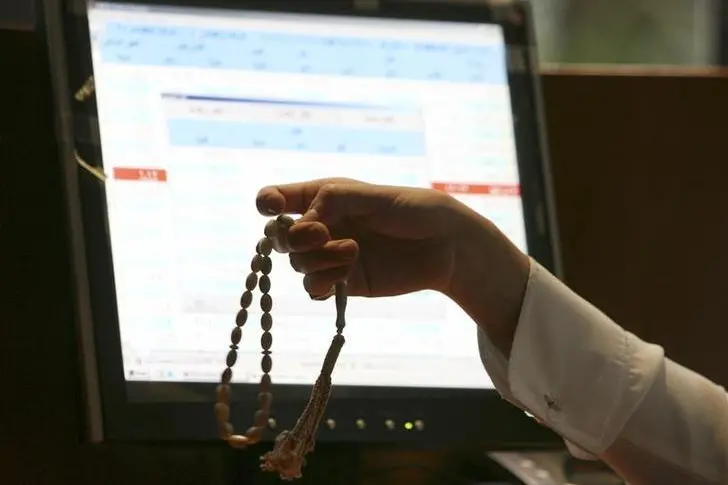PHOTO
Shari’ah-compliant financing will open up markets beyond their core Islamic base and offers a less expensive funding option, according to Moody's Investors Service.
"Raising debt secured on mortgages provides Islamic banks with a cheaper alternative to deposit funding, which increases costs, shrinks margins and weakens profitability," said Rodrigo Conde, Assistant Vice President - Analyst at Moody's.
Islamic banks have traditionally relied on deposits to meet their funding needs as Sharia principles forbid the payment of interest and limit access to wholesale funding.
Asset-based Sukuk has similar characteristics to senior unsecured bonds. The life cycle of an asset-based Sukuk is also consistent with a senior unsecured bond in terms of origination, transaction term and early redemption or maturity.
Asset-backed Sukuk, on the other hand, has similar characteristics to a securitisation but with some particular features. For example, in a Sukuk transaction, the special purpose vehicle (SPV) is the property owner and has a co-ownership agreement with the customer.
More negatively for noteholders, claims of noncompliance of the SPV with Shari’ah law could lead to a halt in payments on the notes. However, among European transactions, there is partial mitigation as issuers, customers and SPVs all operate under either English or European Union regulations. In these instances, Moody’s would not expect to see a local court ruling using Shari’ah law.
© 2018 CPI Financial. All rights reserved. Provided by SyndiGate Media Inc. (Syndigate.info).





















